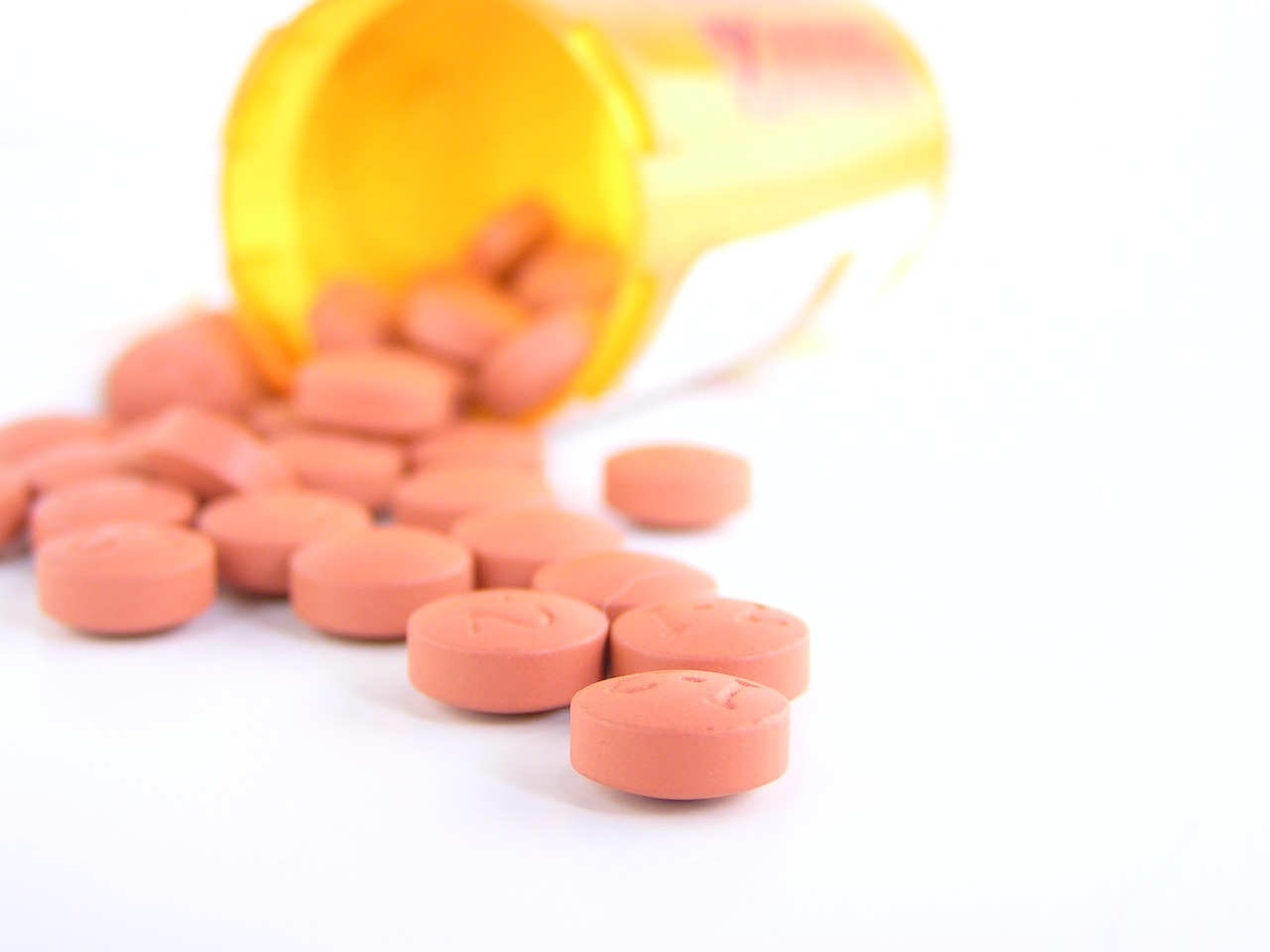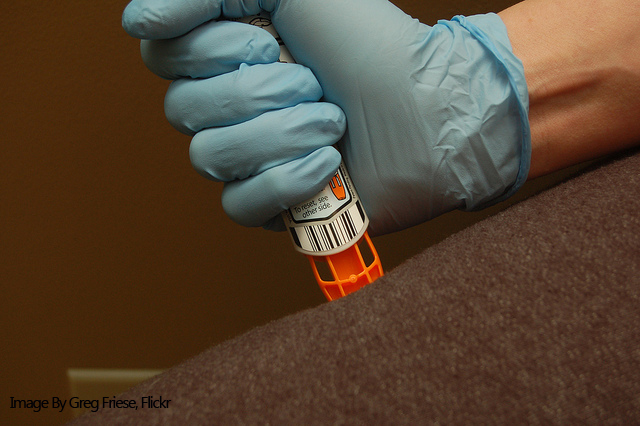Lundbeck Pharmaceuticals won’t be the only provider of vigabatrin, an anti-seizure drug: the US Food and Drug Administration (FDA) approved the first generic copy of Sabril as an adjunct treatment for complex partial seizures in children aged 10 and older.
Complex partial seizures, also called focal seizures, begin in one specific region of the brain and last for approximately 30-90 seconds. These seizures can affect consciousness which could explain why affected individuals might experience disorientation, confusion or fatigue after an episode. As with its brand-name version, generic vigabatrin should be prescribed only when patients fail to respond to other treatments.
For the past 10 years, Sabril, the brand-name version created by Lundbeck Pharmaceuticals in Chicago, faced little competition in the market for anti-epileptic drugs.
“Prioritizing the approval of generic drugs to compete with medicines that face little or no competition is a key part of our efforts to support access and reduce drug costs to patients,” said FDA Commissioner Dr. Scott Gottlieb. “We know there has been past interest in developing a generic alternative to this product.”
According to Drugs.com, Americans might pay over $15,000 for 100 tablets, which can add up if Sabril is taken daily.
“The availability of high-quality generic alternatives of critically important medicines, once the period of patent protection or exclusivity has ended on the brand drug, helps advance access and saves consumers billions of dollars each year,” Dr. Gottlieb added.
Last week’s approval was given to Teva Pharmaceuticals. With Teva’s new generic version, Americans might pay a fraction of the cost for the oral GABA-transaminase inhibitor.
The pipeline for generic drug development is notoriously slow, but for good reason. Generics undergo rigorous safety and efficacy tests and are also scrupulously inspected throughout manufacturing and packaging.
The Risk Evaluation and Mitigation Strategy (REMS) program was introduced by the FDA in 2007 to ensure that the benefits of the drug outweigh the risks. For generic drugmakers to receive FDA approval, they must enter a single shared-REMS system with the brand-name drugmaker.
Unfortunately, brand-name drugmakers might deliberately delay entry of a generic copycat by prolonging REMS negotiations and potentially withholding the necessary doses of their product for bioequivalence testing.
Generic vigabatrin is part of a single-shared REMS system. The purpose of this REMS program is to ensure healthcare providers are educated about the risk of vision loss associated with the drug, and that patients who receive this drug are aware of these risks. Teva’s generic copy comes with a warning about permanent vision loss. Other side effects of the drug include dizziness, fatigue, memory impairment, double vision and confusion.
Recently, the FDA made amendments to the REMS program to accelerate the approval process for generics. For example, generic drugmakers can apply to waive the single shared-REMS, saving them long talks with their brand-named counterparts.
For other to-be-generic drugs, REMS is only a small hurdle. Take insulin – a drug used by diabetic patients since 1922 – remains the only version today. Because new regulations will govern the approval of biologics in 2020, it is unlikely that generic drug applications submitted now will be approved by then. Most companies will have to wait until the deadline passes, and perhaps a few months more for brand-name insulin licenses to convert under the new regulation. Until then, patients will have to deal with high costs to access this lifesaving treatment.
Improving the generic drug approval process remains a priority for the FDA. The approval of the vigabatrin generic will provide patients and families with a more affordable treatment for a common type of epilepsy.
“Today’s action demonstrates that there is an open pathway to approving products like this one,” said Dr. Gottlieb. “We’re especially focused on new policies aimed at making the generic review process more predictable, efficient and lower cost so we can entice more generic firms to enter this space, and help facilitate more generic drug launches after generic approvals.”












Join or login to leave a comment
JOIN LOGIN